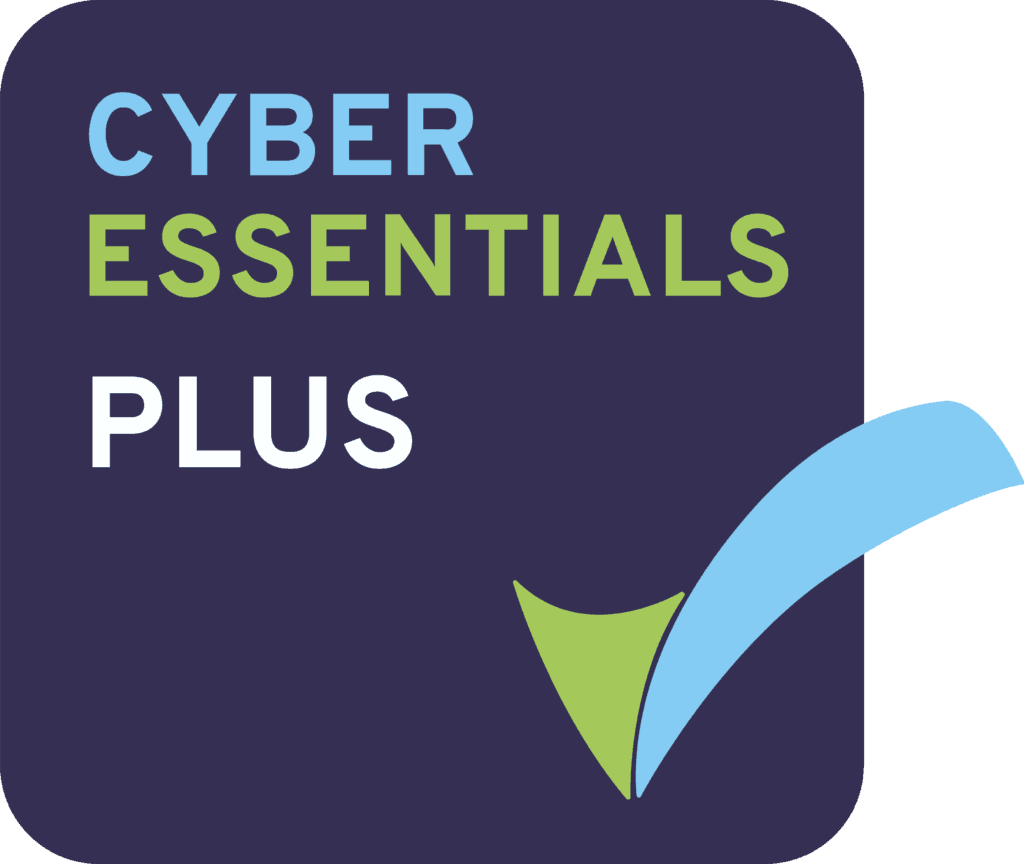NHS continuing care funding assessment
CHS Healthcare has developed this factsheet explaining the assessment for NHS continuing health funding to help the many thousands of families facing this issue.
It is an assessment of whether the primary need of an individual is a health need. If the need is primarily health, the individual will be entitled to free funding by the NHS. This is an area of much anxiety and debate because if the individual’s primary needs are defined as social care, this will be assessed for funding by the local authority and is subject to a means test. The means test for care home funding is covered in a different factsheet.
What is NHS continuing healthcare?
NHS continuing healthcare is the name given to a package of care which is arranged and funded solely by the NHS for individuals outside of hospital who have ongoing healthcare needs. Patients can receive continuing healthcare in any setting, including their own home or a care home. NHS continuing healthcare is free, unlike help from social services for which a financial charge may be made following a means test.
Who is eligible for NHS continuing healthcare?
Anyone assessed as having a certain level of care needs may receive NHS continuing healthcare. It is not dependent on a particular disease, diagnosis or condition, nor on who provides the care or where that care is provided. If a person’s overall care needs show that their primary need is a health need, they should be eligible for NHS continuing healthcare. Once eligible for NHS continuing healthcare, care will be funded by the NHS, but this is subject to review, and should the care needs change the funding arrangements may also change.
How are people assessed for continuing healthcare funding?
The checklist tool is the first stage of the assessment process. This is a screening tool to help work out whether a person’s needs might be of a level or type to entitle them to NHS continuing healthcare. The checklist tool will establish whether a person is referred on for full assessment of eligibility for NHS continuing healthcare.
The second stage involves what is known as a decision support tool. This is a detailed assessment carried out by a multi-disciplinary team comprising two or more health and social care professionals. They look at eleven different types of need such as mobility, nutrition and behaviour. The purpose of the tool is to help decide what are the nature, complexity, intensity and unpredictability of a patient’s needs and so whether their primary needs are health needs. The multidisciplinary team will then make a recommendation to the PCT (Primary Care Trust) as to whether they are eligible for NHS continuing healthcare. Applicants should always be sent a written decision. There is a fast track tool which can be used if an urgent package of care is required due to a rapidly deteriorating condition.
Is continuing healthcare funding reviewed?
Yes – eligibility for NHS continuing healthcare funding will be reviewed after three months and every year after that. It can be withdrawn if a patient’s condition has improved.
What if I don’t agree with their assessment?
Applicants can ask the PCT to review the eligibility decision made regarding NHS continuing care. If you are not satisfied with the response from your PCT, you can request an independent review which is carried out by your strategic health authority.



